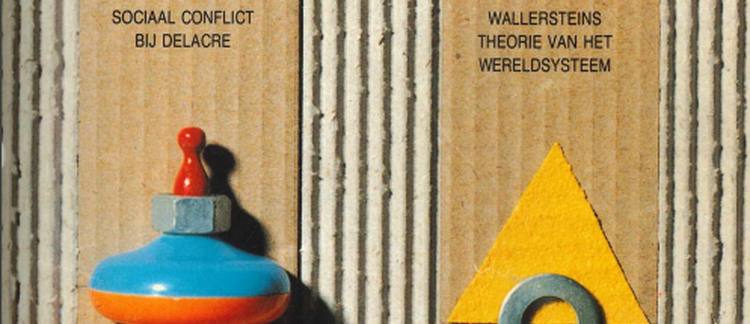Abstract
The world-systems theory of Immanuel Wallerstein aims to see processes of social change from a macrosociological position. This means the state loses the primarily place it always had in traditional political sciences. Starting from Rokkan’s theory of state-formation and nation-building, this article wants to focus upon the position of the state in world-systems theory. Wallerstein uses the concept of state in a rather constructionist way: states are viewed as institutions who are deliberately created by a certain class with the intention to affect some economic processes. Once created, the states' operations are decisively influenced by its hierarchical position in the world-system and its economic phase. The article concludes that world-system analysis needs a greater stress on the individual within the state and the system as a whole to cope with its current emancipational problems.
How to Cite:
Mortelmans, D., (1995) “Het geheel is meer dan de som der delen maar zeker ook minder: politiek en de staat in de Wereld-systeemtheorie van Immanuel Wallerstein”, Tijdschrift voor Sociologie 16(3), 295–322. doi: https://doi.org/10.21825/sociologos.86230
Downloads:
Download PDF
View
PDF


